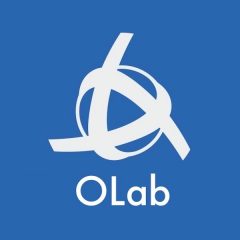We are off and running on our project, OLabERATE: OLab Education Research Analytics Toolset Expansion
The main focus of this project is to build upon the extensive tracking and activity metrics available in the OLab platform and to make them more available to teachers, learners and educational researchers.
Team
- Corey Wirun, Senior Technical Consultant, OHMES
- Michelle Cullen, UofC School of Nursing
- Nisha Radhamoni, Bow Valley College, School of Technology
- Nigel Shrive, Schulich School of Engineering
- Tony Wigglesworth, Bow Valley College
- Ismail El Hardoum, Bow Valley College, School of Technology
- Mahdi Hosseini, Schulich School of Engineering
- David Topps, OHMES
Research abstract
OLab (https://olab.ca) is an educational research platform that supports branching scenarios and activity metrics. Case designs can be varied, with embedded videos and natural-language support, to explore problem-solving and communication skills, rather than memorization. A recent analysis of OLab metrics showed a rich combination of learner interactivity. However, complex decision pathways are difficult to analyze and improve, both with the existing platform and with traditional approaches that have tried to assess them in clinical practice and examinations.
OLab’s central design architecture is based on directed acyclical graphs (DAGs). DAG-based analytic tools are available in a number of disciplines including social sciences (structural equation modeling), engineering (hyperparameter optimization) and computer science (genetic algorithms) but they tend to assume a best-practice or optimum path. We need a more flexible toolset that allows assessment of ‘good enough’ choice pathways in a multi-step complex decision process. Previous assessment practices have treated professional decisions as single point events.
This project will improve accessibility for case authors, with shareable, reusable components; redirectable narratives; and communication skills assessment in a team-based learning context. Integration of OLab with DAG-based analytic tools will extend the analytic capabilities of researchers who wish to explore and optimize complex decision pathways, and how well clinical professionals navigate these.

